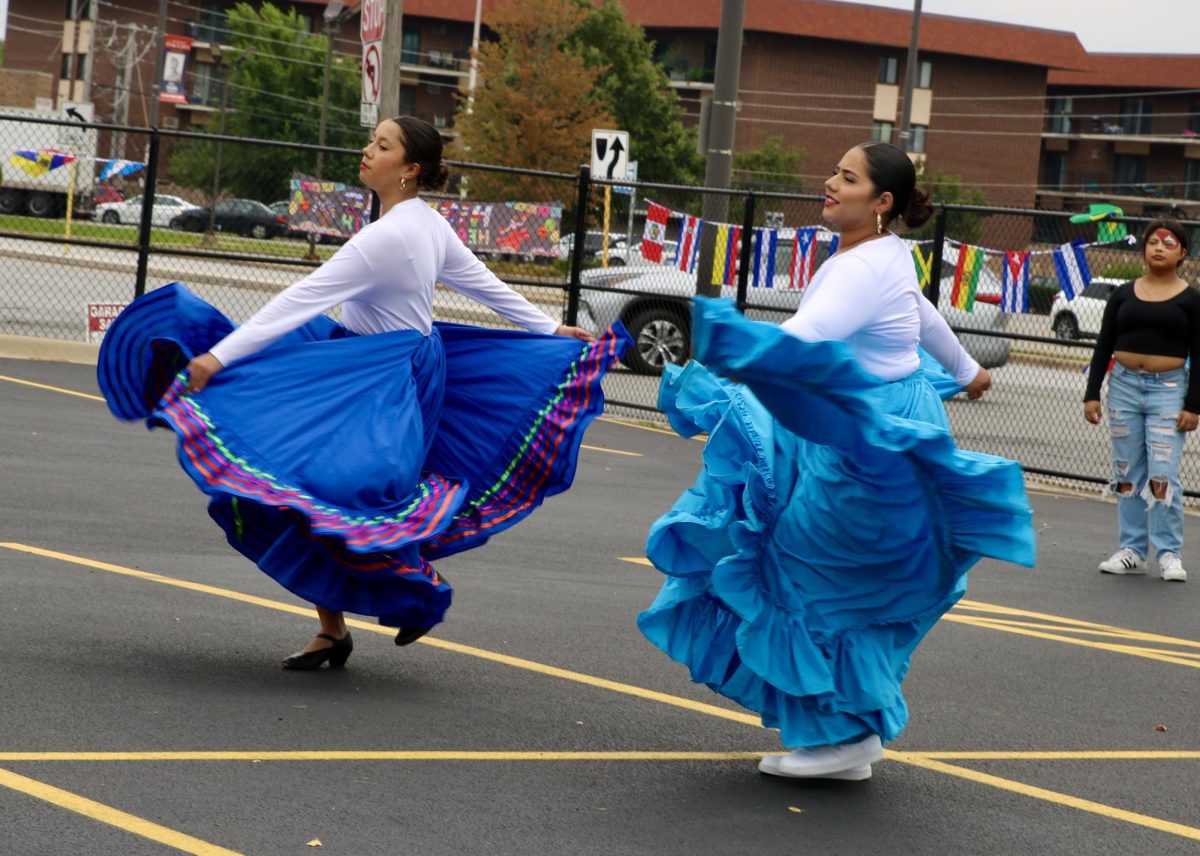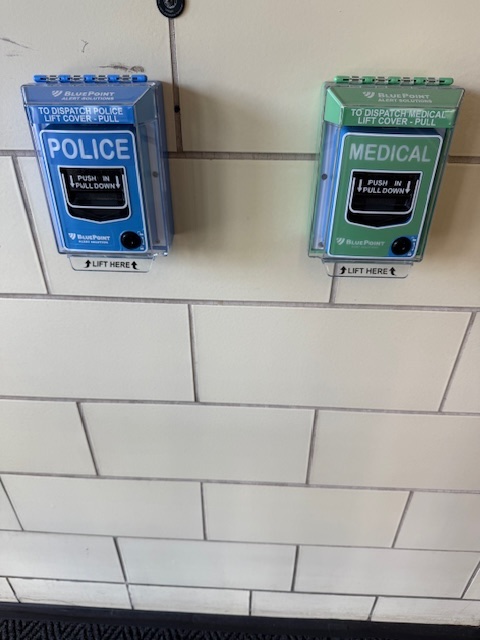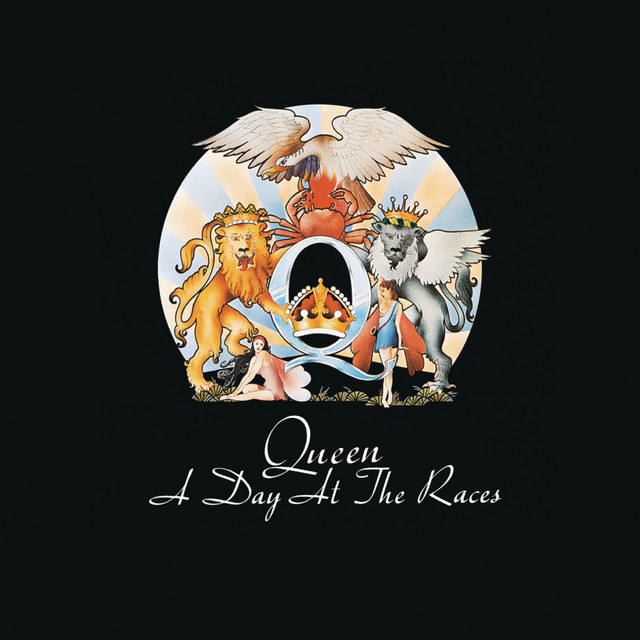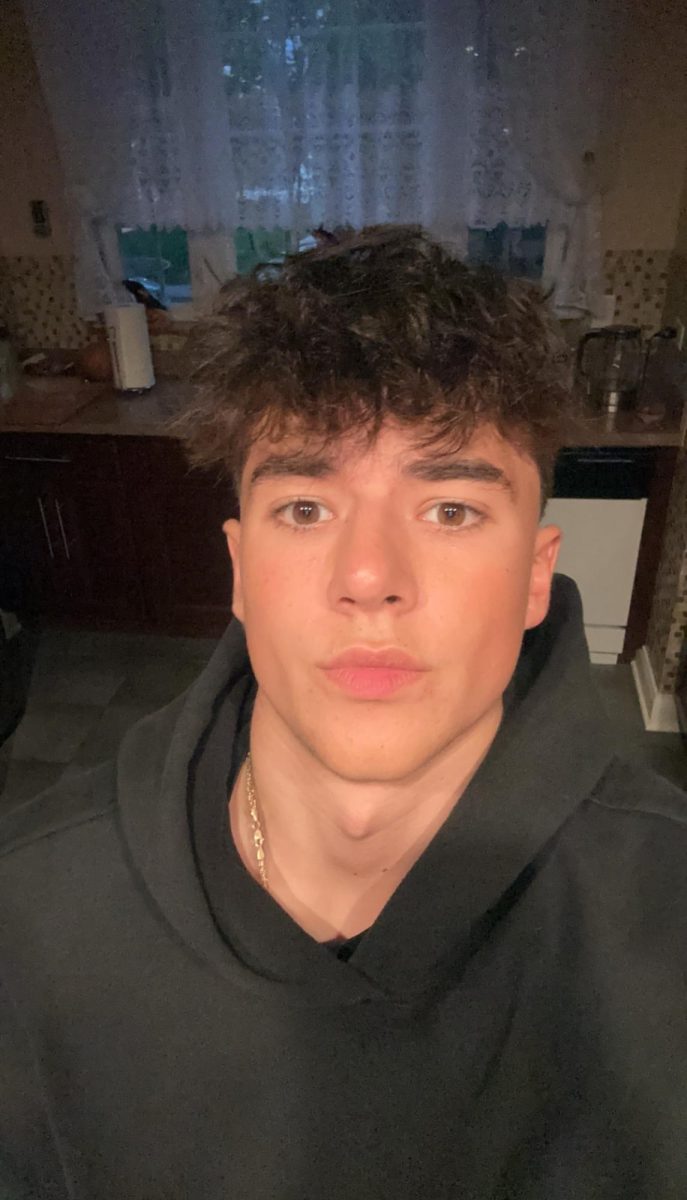In a move that has sparked widespread debate, the U.S. government officially enforced a ban on the popular social media app TikTok on January 19, 2025. The decision was based on concerns about the app’s Chinese ownership and the potential for user data to be accessed by the Chinese government.
The ban left millions of TikTok users, especially teenagers, scrambling for alternatives to express their creativity and stay connected with friends. While apps like RedNote have seen an uptick in downloads, many users are finding it difficult to replicate the unique experience that TikTok provided.
Parents and educators have voiced mixed reactions to the ban. Some see it as a necessary step to protect national security, while others worry about the impact on teenage social lives and mental health.
Although, President Trump has extended the ban for 75 days, there’s still uncertainty in the air, as TikTok’s return may or may not be permanent . In the meantime, discussions about potential solutions continue, including a possible U.S. based company purchasing the app. The future of TikTok remains uncertain, but one thing is clear, the app has left a permanent mark on social media culture, the spread of worldwide news, education that one may not learn from school, and so much more.
The app can often be considered controversial, but also it can be so many other things to so many different people around the world. TikTok can be a source of laughter, a source of inspiration, a source of education, a source of happiness, and more importantly, a source of community.


















